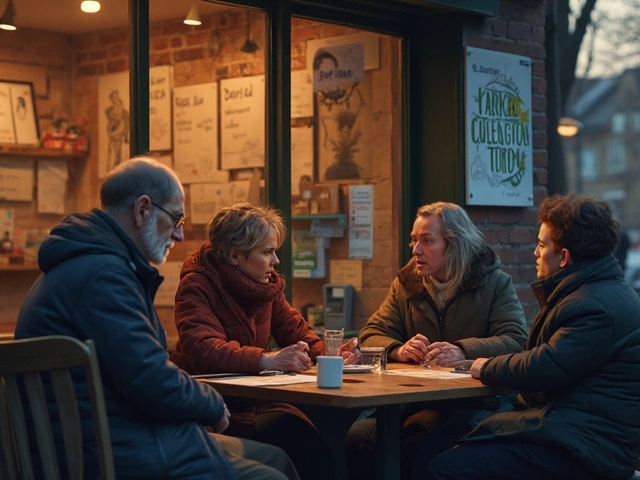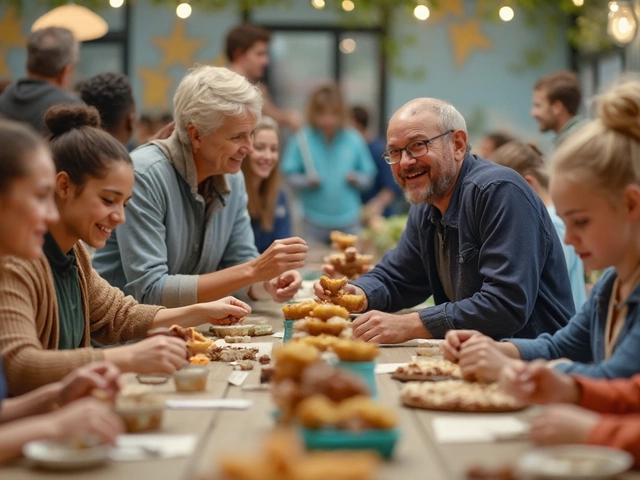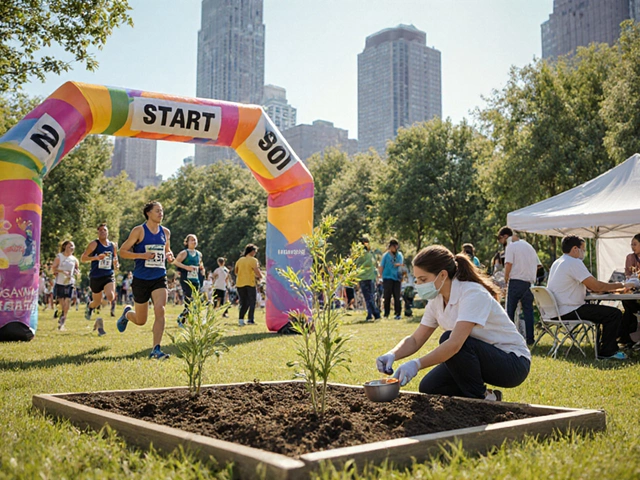Outreach Coordinator: What the Job Really Looks Like
If you’ve ever helped a church group, a school club, or a local charity connect with people, you already know a bit of what an outreach coordinator does. In plain terms, the role is about finding the right people, sharing the right message, and turning interest into action. It’s part planning, part people‑skills, and part on‑the‑ground hustle.
Core Responsibilities
First up, an outreach coordinator maps out who the target audience is – that could be families in Patchway, youth groups, seniors, or anyone the organization wants to reach. Then they design events, workshops, or social‑media campaigns that meet those people where they are. They also handle the logistics: booking venues, setting up registrations, and making sure volunteers know their tasks.
Another big piece is relationship building. That means talking to local schools, community centres, and other groups to create partnerships that last. A good coordinator follows up, keeps a tidy contact list, and makes sure every partner feels valued.
Key Skills You Need
Communication is the cornerstone. You must be able to explain ideas clearly, whether you’re writing a flyer, speaking at a meeting, or sending a quick text to volunteers. Listening is just as important – understanding what the community truly needs prevents wasted effort.
Organisational chops are a must. Juggling multiple events, tracking budgets, and meeting deadlines can feel like a juggling act, but a solid to‑do list and a simple spreadsheet keep things on track.
Finally, empathy drives success. When you care about the people you’re serving, your outreach feels genuine and people respond positively.
So, how do you become an outreach coordinator? Start with any role that involves volunteering or community work. Many churches, including Holy Family Catholic Church in Patchway, let volunteers lead small projects. Use those experiences to build a portfolio of events you’ve organized.
Next, pick up a short course or online training on community engagement or nonprofit management. Free resources from local councils or charities can give you a solid grounding without breaking the bank.
When you’re ready, polish your résumé with specific results: “Co‑ordinated a food‑bank drive that served 120 families” sounds much better than “helped with a drive.” Numbers show impact.
Networking also helps. Attend local meet‑ups, talk to existing outreach coordinators, and ask for informal mentorship. Most people love sharing what works and what doesn’t.
On the job, keep learning. Track what events draw the biggest crowds, ask participants for feedback, and adjust your approach. A successful outreach coordinator is always testing, tweaking, and improving.
At Holy Family Catholic Church Patchway, the outreach coordinator works closely with parish volunteers to run youth groups, senior support nights, and charity fundraisers. The role blends faith‑based values with practical community‑building tactics, making the church a hub for real‑life help.
Bottom line: being an outreach coordinator is about connecting people, creating value, and turning ideas into action. If you enjoy organizing, love meeting new folks, and want to make a tangible difference, this could be the perfect path for you.
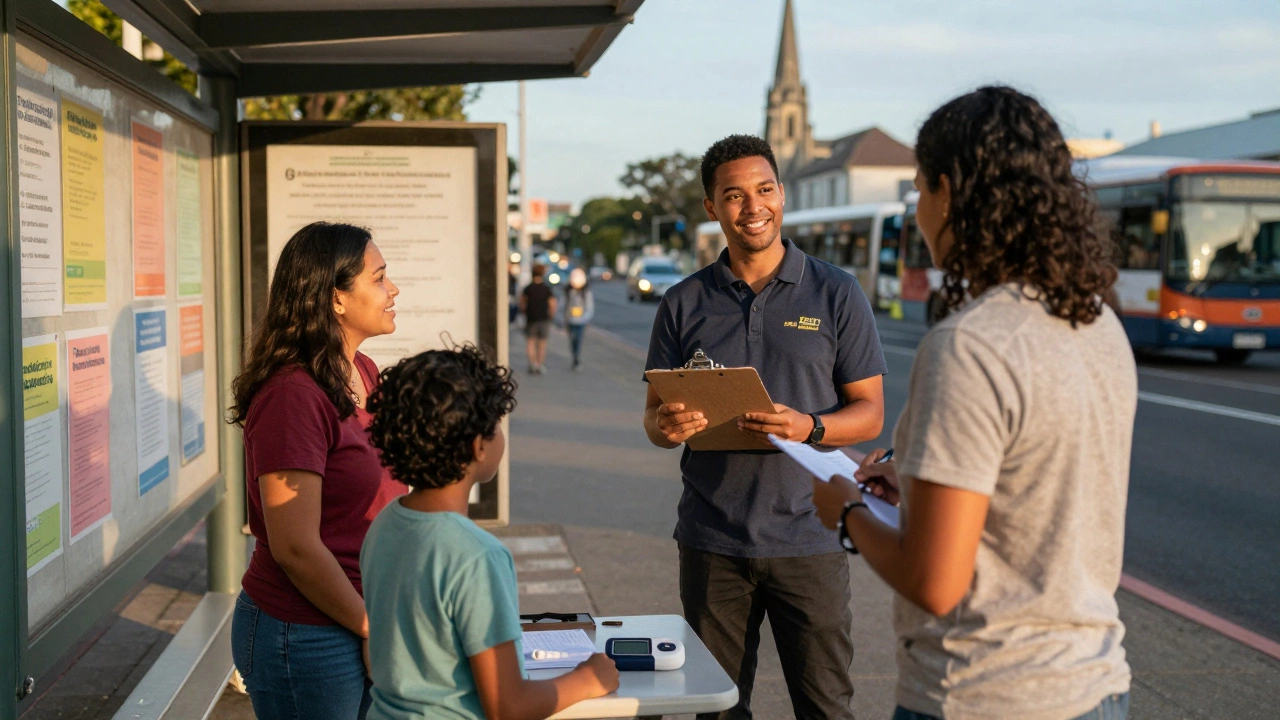
What Does a Community Outreach Leader Do? Roles, Responsibilities, and Real-World Impact
A community outreach leader connects people with vital services by building trust, listening deeply, and removing real-life barriers. They’re the unseen force behind successful community programs.
Read More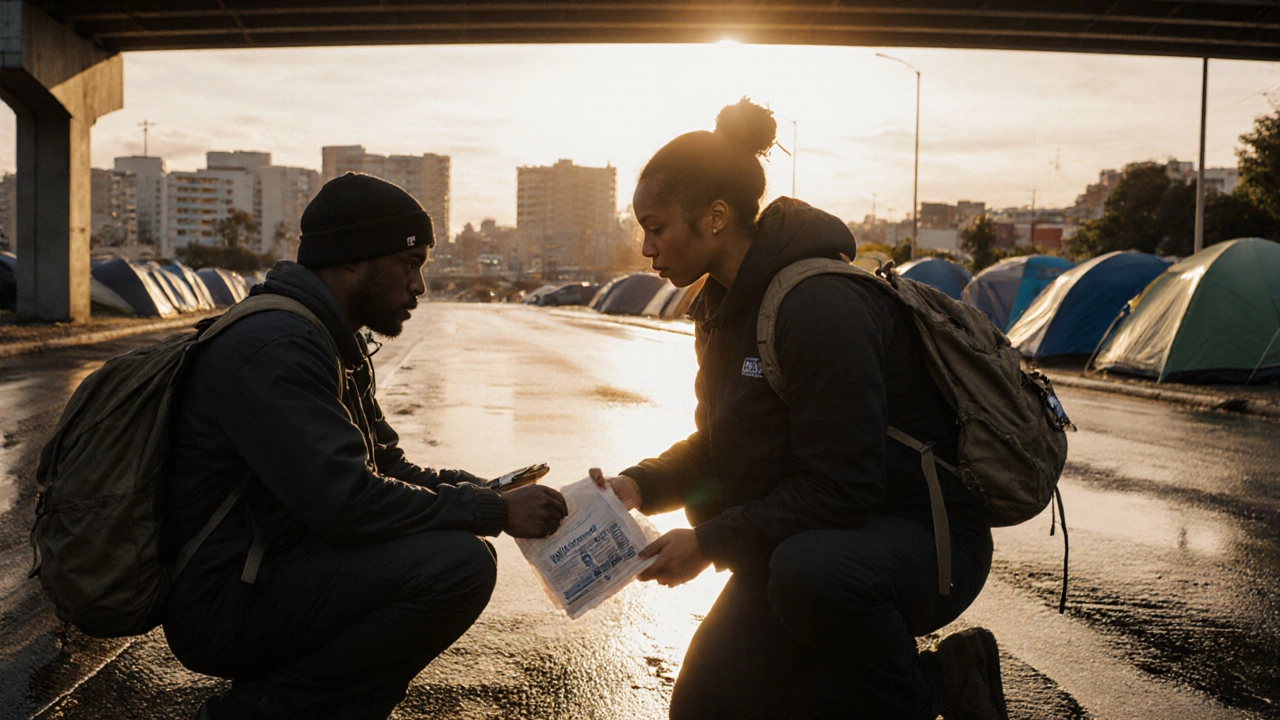
What Do You Call Someone Who Does Outreach? Common Titles and Roles Explained
Outreach roles go by many names-worker, coordinator, specialist-each with different duties. Learn what these titles really mean and who does this vital work in communities.
Read More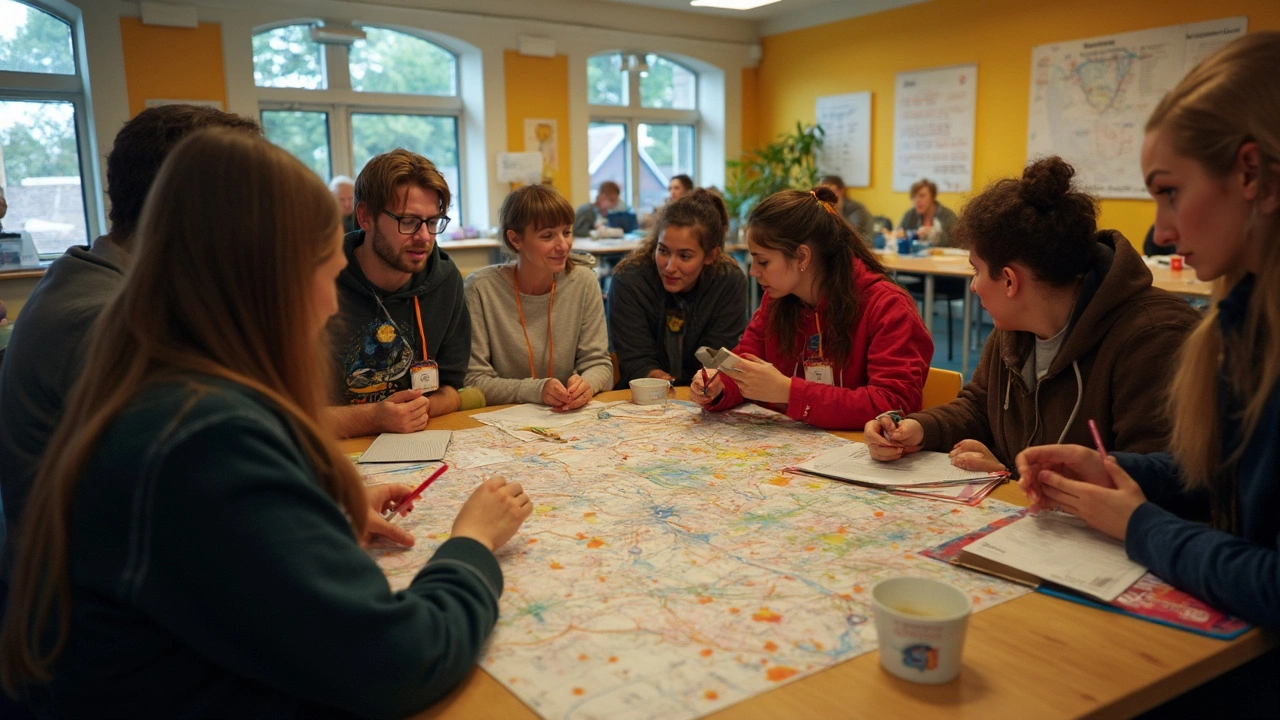
Outreach Roles Explained: Who Does What and Why It Matters
Community outreach isn’t just about showing up and helping out—it’s built on clear roles that make everything run smoothly. This article breaks down who does what in outreach, from planning to hands-on help, and why every role is vital. Get real-world examples, plus some handy tips to make your outreach more effective. By the end, you’ll know exactly where you could fit in or what to look for in a strong outreach team. This is for anyone who wants to get things done, not just talk about it.
Read More
